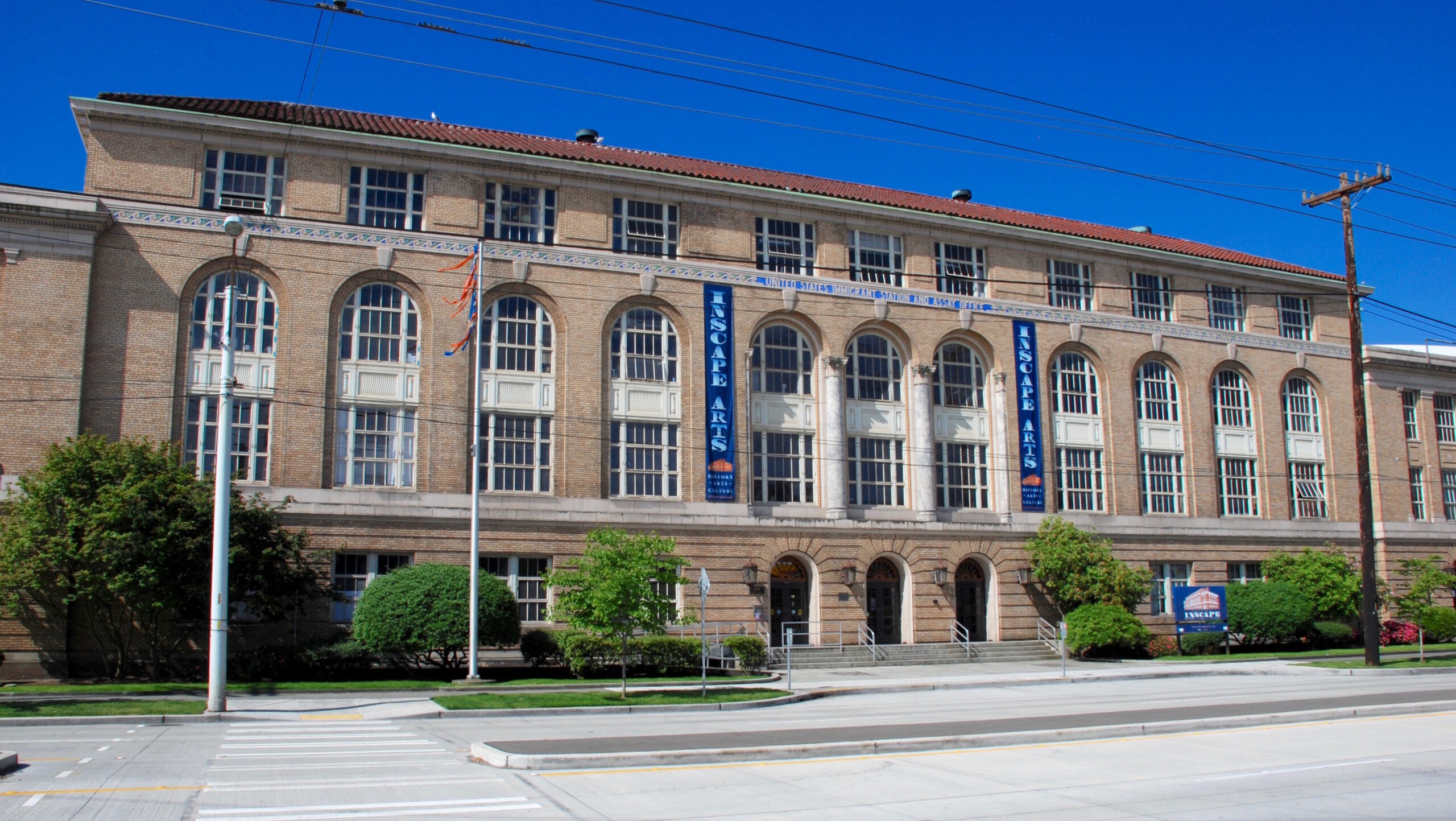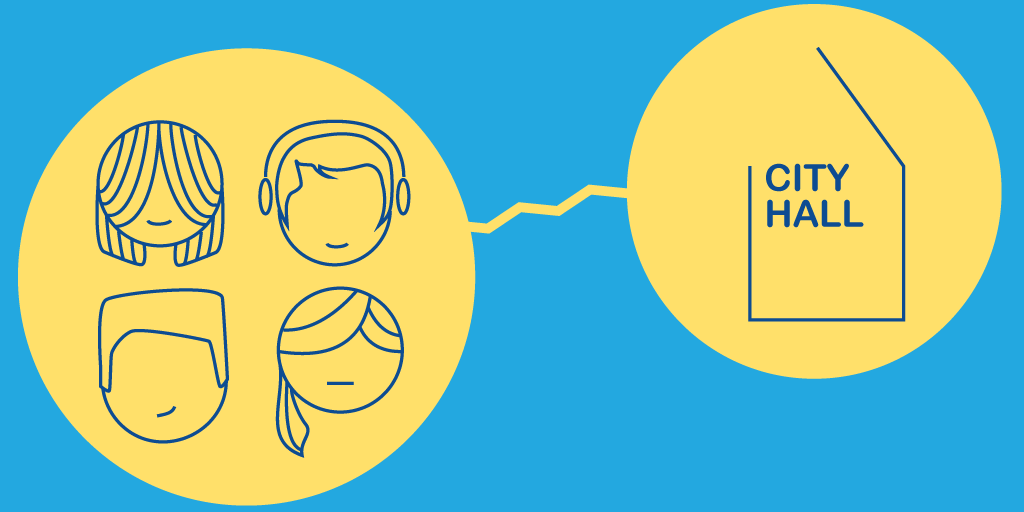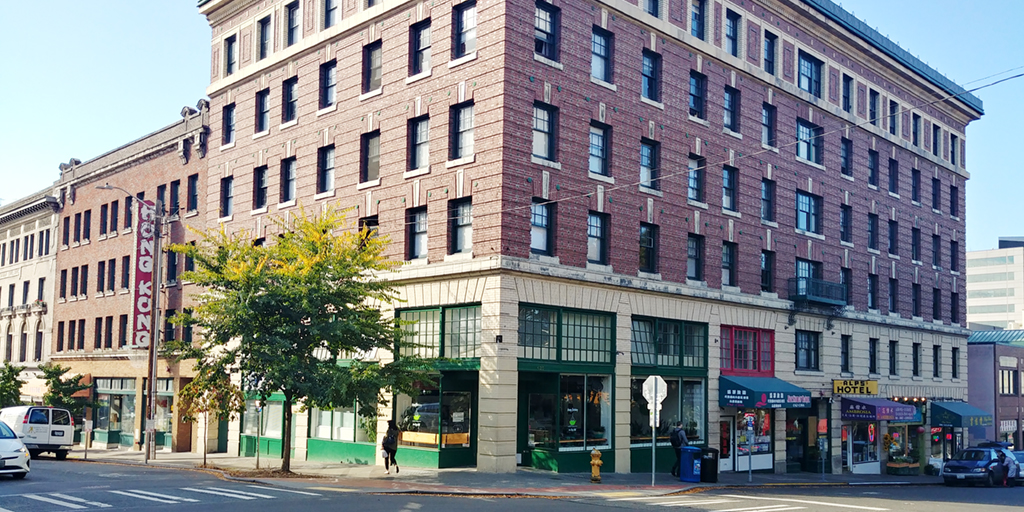
The Mayor and Seattle City Council recently announced the initial 13 appointees selected to serve on the City of Seattle’s new Community Involvement Commission (CIC). The CIC will ultimately be comprised of 16 equity champions who will work to ensure that our City departments are creating and implementing equitable engagement strategies that lead to more relevant and impactful public participation. They will also provide feedback on the development of City departments’ community involvement plans. All the appointments are subject to City Council confirmation.
Patricia Akiyama
City Council Appointee: District 7
Patricia Akiyama has lived in Seattle for the past three decades. She was raised in Hood River, Oregon, the daughter of a Nisei (second generation Japanese American) father and a Dutch and Norwegian mother. She moved north from Oregon after graduating from the University of Oregon. Professionally, she has worked in both the public and private sectors, always in public affairs and public policy roles. She started her career working in Olympia for nearly five years: first in the state legislature, and later as a legislative liaison for what was then the Department of Trade & Economic Development. She was selected to work for U.S. Senator Murray in her first term, as press secretary and later as chief of staff. She also served as senior staff coordinator for Rep. Frank Chopp and worked in management roles for Weyerhaeuser, Quadrant Homes, Russell Investments and the Port of Seattle. Currently, Patricia is External Relations Manager for the Master Builders Association of King and Snohomish Counties. She is an alumna of the Senior Managers in Government Program at the Kennedy School of Government at Harvard University, and currently serves as Vice President of the Board for Leadership Tomorrow (class of 2002). She is a member of the Montiana Condominium Association since 2006; a former board member and long-time supporter of the Wing Luke Museum; a former board member of the Seattle Public Library Foundation and current member of the emeritus board; and a member of the Seattle Chapter of the Dante Alighieri Society.
What inspired you to serve on the Community Involvement Commission?
The need for more density, and the great benefits of thoughtful density across the city. Density helps concentrate residents near jobs, services, and transit. More people in a neighborhood leads to more diversity, and more opportunity to have the services and amenities that support vibrant, walkable neighborhoods — make car ownership optional. The shift to greater density is usually challenging. Public discourse that helps increase understanding and support among residents about the benefits of more-dense housing can accelerate this change. There are many creative solutions to increase density in single family neighborhoods (e.g. tiny homes, cottages, accessory dwelling units, etc.) on single family lots. These homes could be a practical solution for home owners who want to stay in their homes but need additional income to do so. It would create more options for people who work in the city but who cannot afford to buy (e.g. nurses, teachers, restaurant and retail workers, grocery store clerks, receptionists, yoga teachers, hair stylists…) — people who help us every day must have a place to live, and that might include the option of living in an accessory dwelling unit in one of Seattle’s neighborhoods. If we don’t grow into more-dense neighborhoods, and grow upwards into higher rise buildings, the alternative is to sprawl further out. Many people would prefer to live close to work and not to commute for long hours. Today they have few options in the city. The successful ‘densification’ experience of other cities demonstrates that density doesn’t mean lower property values and urban blight. It’s not an either-or choice.
We’ve taken to calling our Community Involvement Commissioners “EQUITY CHAMPIONS!” Do you accept this superhero moniker and what does it mean to you personally?
I accept, but it’s kind of a lofty and aspirational goal that I can embrace. I’m not a superhero. Just an imperfect, humble human, trying every day to build community by being kind, helpful, and collaborating with others to do good work.
What is your unique real-life superpower?
I wish I had one! Everyone I meet has a form of superpower within, we just have to tap it somehow.
What do you hope the Community Involvement Commission will bring to the City?
My hope is that the Community Involvement Commission will enable people in every part of the city to understand, accommodate, and welcome more people into our neighborhoods — in all types of housing for people from all walks of life. That everyone feels included and is engaged in making this city a community that embraces diverse people spanning all ages and stages of life.
Which local organization or person do you consider to be a true superhero and why?
Tom Ikeda, with Densho. He had an idea early in the digital age to use technology to document oral histories of Japanese Americans who were incarcerated during WWII. He’s a superhero who has committed his time, talent, and treasure to running and growing the non-profit for more than 20 years! Under his extraordinary leadership, Densho explores issues of democracy, intolerance, wartime hysteria, civil rights, and the responsibilities of citizenship in our increasingly global society.
Learn more about the Community Involvement Commission at seattle.gov/neighborhoods/community-involvement-commission.



